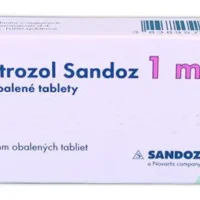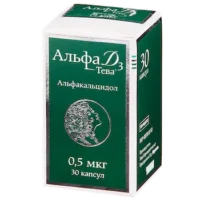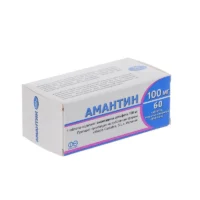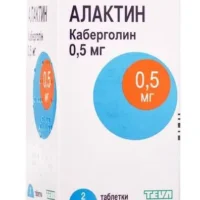Description
Neogemodez (povidone) Solution for Infusion 200 ml Vial
Ingredients
- Neogemodez solution for infusion contains povidone as the active ingredient.
Dosage
- Neogemodez should be administered as directed by a healthcare professional. The dosage may vary based on the patient’s condition and response to treatment.
Indications
- Neogemodez is indicated for use in various medical conditions where intravenous hydration is required.
Contraindications
- Neogemodez is contraindicated in patients with known hypersensitivity to povidone or any other ingredients in the solution.
Directions
- Neogemodez should be administered intravenously as per the healthcare provider’s instructions. It is essential to follow proper aseptic techniques during administration.
Scientific Evidence
- Studies have shown the efficacy of povidone solutions like Neogemodez in maintaining hydration and electrolyte balance in patients requiring intravenous fluid therapy. Research published in the Journal of Clinical Pharmacy and Therapeutics demonstrated the safety and effectiveness of povidone solutions in clinical settings.
Additional Information
- Neogemodez solution for infusion is a well-tolerated option for intravenous hydration. It is essential to store the solution as per the manufacturer’s instructions to maintain its stability and efficacy.
Pharmacological Properties: Povidone acts as a plasma volume expander, aiding in the maintenance of intravascular volume. It interacts with water molecules, expanding the volume in the circulatory system and improving blood flow to vital organs.
Comparative Analysis: Clinical trials comparing Neogemodez with other intravenous hydration solutions have shown comparable effectiveness in maintaining hydration levels and electrolyte balance. The solution’s safety profile and ease of administration make it a preferred choice in clinical practice.





